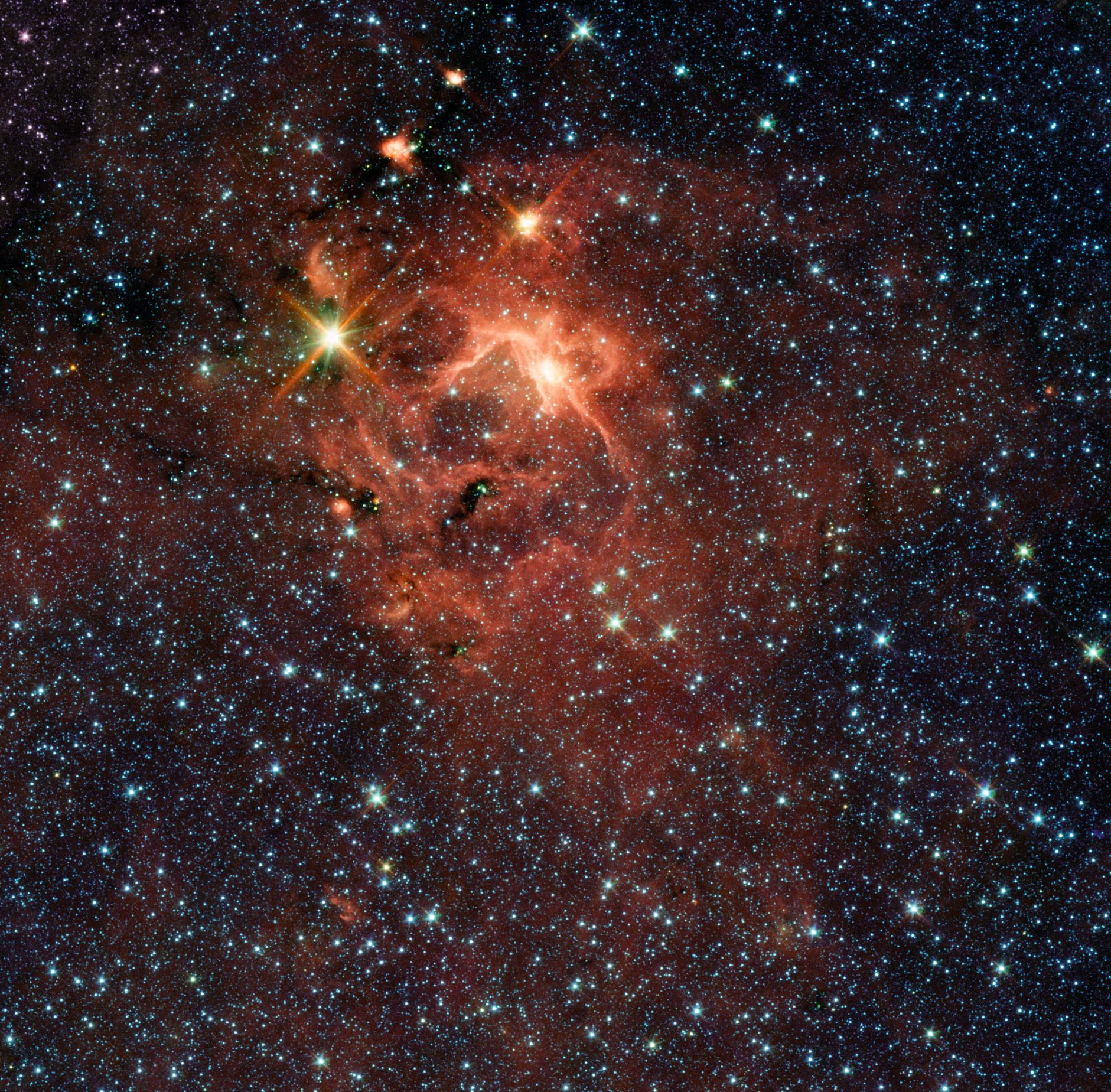The Independent's journalism is supported by our readers. When you purchase through links on our site, we may earn commission.
First calcium in existence was slow cooked by early stars, scientists say
The calcium in your bones may have been cooked up rather slowly in the first stars in the universe

The first calcium in the universe may have been born slowly, in the simmer hearts of the first stars, rather than in their fiery death throes.
That’s the conclusion of a new international study published Wednesday in the journal Nature, which also found that that calcium may have been the heaviest element created in the first generation of stars born after the Big Bang at the dawn of time.
“The nature of the first generation of stars – the oldest stars – remains a most fascinating open question in astrophysics,” Professor Alexender Heger of the Monash University School of Physics and Astronomy, in Australia, and one of the authors of the study said in a statement.
There exist 92 naturally occurring elements in the universe, but in the beginning there were only three: hydrogen, helium and lithium, the lightest, second lightest and third lightest elements respectively.
While some of the heavier elements such as oxygen, nitrogen and carbon are believed to form during advanced fusion reactions within stars’ lifespans, as stars first fuse hydrogen atoms together to form helium. But scientists believed many of the heavier elements in existence, such as iron and calcium, were formed and disseminated throughout the universe when the first massive stars exploded as supernovae at the end of their lives.
The new study suggests that when it comes to early calcium, however, it was “made during the calm simmering of hydrogen burning rather than during the violent supernova explosion,” Dr Heger said.
The researchers reached their conclusions using computer modeling of a star about 40 times as massive as Earth consisting of the material available during the dawn of the universe, but they also searched for supporting evidence in the skies.
The researchers point to SMSS J031300.36−670839.3, one of the oldest known stars still shining at around 13.6 billion years old. It is located about 6,000 light years away from Earth, and contains very little iron compared to its relatively high calcium content.
“It is thought to be a direct descendant of the first stars in the universe, which formed from the matter left over after the Big Bang,” Dr Heger said. “What we can see of its composition is like a time capsule from the time before the first galaxies formed.”
Further confirmation of the study findings may come as newly powerful instruments, such as the James Webb Space Telescope, take aim at stars like SMSS0313-6708, Dr Heger said.
Join our commenting forum
Join thought-provoking conversations, follow other Independent readers and see their replies
0Comments